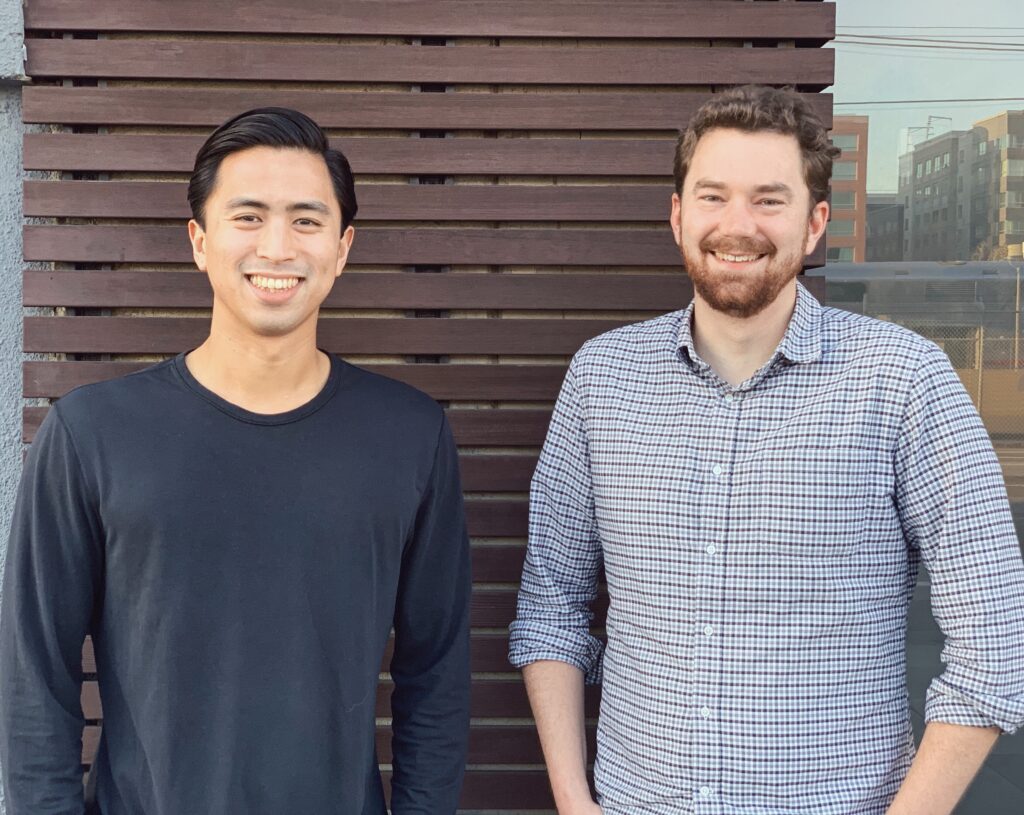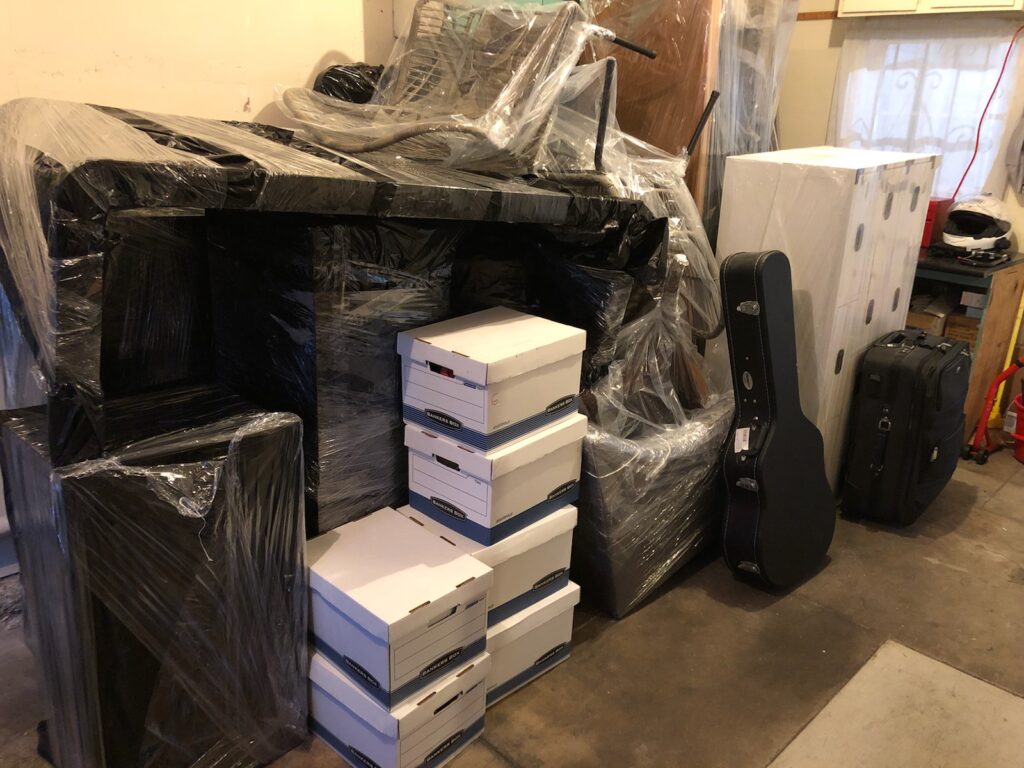Have you seen San Francisco and Bay Area housing prices lately? They’ve long ranked among the nation’s highest. Among those affected are developers of self-storage facilities, who are starting to find it harder to build or stay in the city.
That inspired co-founders Daniel Kluesing, formerly a group product manager for Dropbox, and Dan Kao, former general manager at Doordash, to create Sharespace.
The startup enables those looking to store possessions with individuals that have additional space to rent in their homes. The former spend less than they would have at a regular storage business and the latter generate additional monthly income.
And they are aiming to snag existing self-storage customers while they are at it. Right now, Sharespace offers to pay the moving-out costs of new customers that leave a regular storage facility; about 5 percent of its customers have taken that deal.
Sharespace renters charge from 30 to 50 percent less than comparable storage units, he said.
“Customers absolutely love it, getting storage for a lower price,” Kluesing said. “For homeowners, it’s money they (otherwise) wouldn’t be getting.”
The Airbnb model

Sharespace founders Dan Kao (left) and and Daniel Kluesing (right).
Having solidified operations in its inaugural cities of San Francisco and Oakland, Sharespace now plans to expand north and south of Oakland in the Bay Area, and to start up in San Jose in early spring 2019.
“Then we’ll start to look at some of the other large cities in California, then look at other states,” Kluesing said.
This all started when Kluesing sold his car and considered converting his two-car garage into a spare bedroom to rent out on Airbnb (Sharespace feels a kinship with that company and markets to Airbnb hosts when it enters new territory). But a renovation would have cost more than Kluesing wanted to spend. Craigslist made him realize many people were looking for storage space.
“We started looking at the size of the storage industry, looked at things that people had in their apartments that they didn’t need for large chunks of the year, such as ski gear,” said Kluesing, who today rents out his garage to three different parties.
Sharespace built its own software in-house, and its functions include payment processing, qualifying renters, screening and a messaging system.
Sharespace’s timing may prove to be impeccable, as some cities around the nation are battling new self-storage developments, fearing they lower community value. If they’re not built, it means more opportunity for individuals that want to rent out space.
“It helps me pay the rent”

Sharespace users keep their belongings inside another users unused residential space.
The Sharespace team has a strong tech background. Kao helped launch Doordash in the Bay Area and Houston, and was country manager for Canada. Kluesing was an engineer at Bluekai, an advertising technology startup.
CTO Brandon Ooi previously was co-founder and CTO of Crunchroll, a video-streaming service. The engineering team members have backgrounds in such companies as Dropbox, Foxtrot Systems and Realscout.
Frank Slacik of San Francisco moved possessions out of a Public Storage unit about three months ago and into the garage of a Victorian home that he found through Sharespace. Two other people also rent space there.
His 144 square feet there cost $130 per month, compared to $400 per month at Public Storage, he said. Slacik stores tools, paper records and household items in the home space.
“I’m not too concerned about people stealing anything,” said Slacik, a CFO for a fintech company. “But you don’t want to put your finest silver in a place like this.” Still, he’s happy to have “a nice person to deal with rather than someone behind the desk at a storage place.”
Erin Hawley, who shares a San Francisco home with four roommates, rents out an unused room for $60 a month. The customer has placed cabinets and boxes there.
“It helps me pay the rent,” said Hawley, a business development associate for a self-care startup.







